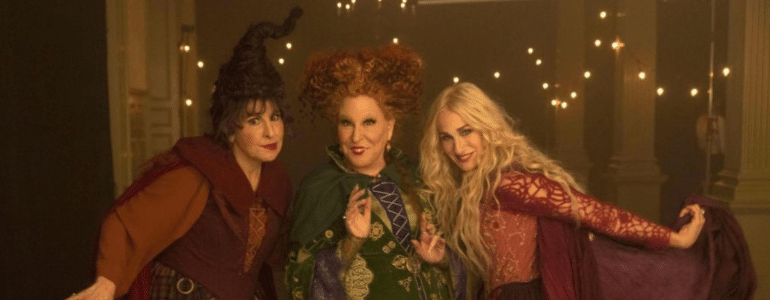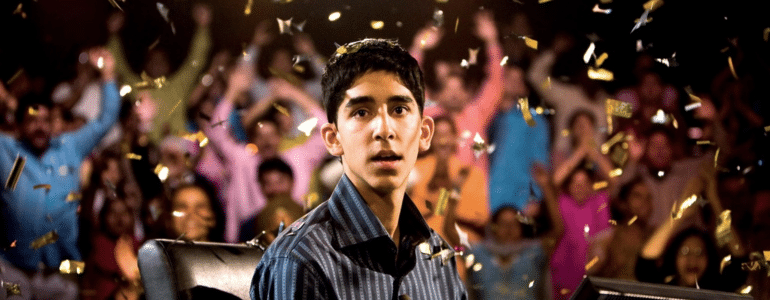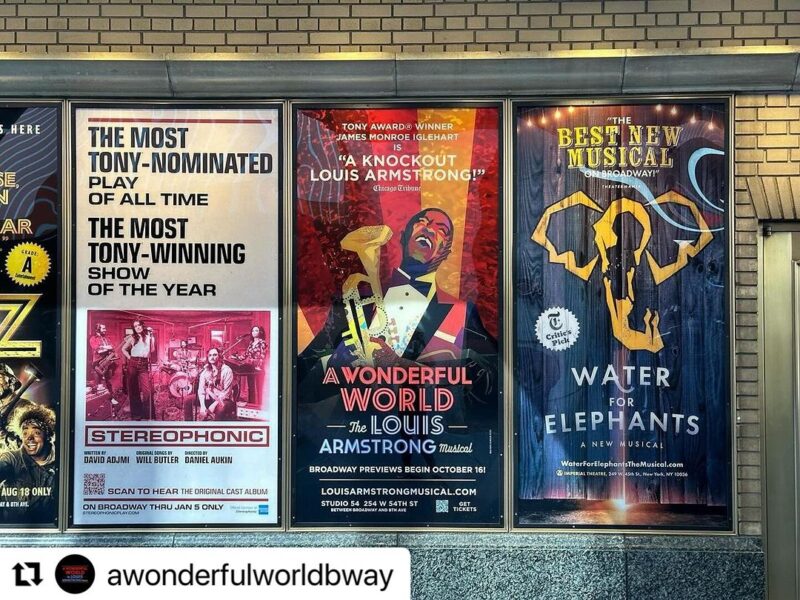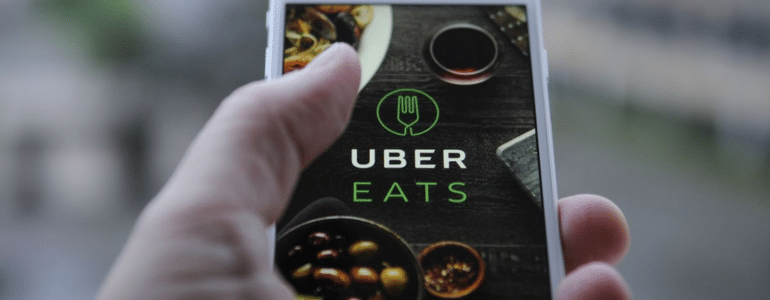3 Things to Learn from Netflix.
As I blogged about on Friday, Netflix dealt the mainstream media companies a major punch-in-the-face last week when their original series, House of Cards, was nominated for a Best Drama Series Emmy Award.
There are a lot of business lessons to be learned from this Netflix story – in fact, Netflix could probably make an original series about what they’ve done over the last two years – and they’re on such a roll, it would probably be nominated for an Oscar (you can bet movies are next in their developmental line up).
But here are the top three things I gleaned from this story about original stories.
1. What goes down can come up.
One year ago, NFLX stock was trading around 50, after falling from well over 200. People were writing it off. The mail order DVD business was dead, people screamed. Because DVDs were dead. Then the CEO made a series of pricing and press gaffes that POed a lot of customers, including me. iTunes and Amazon were drooling, hungry to scoop up all the biz.
One year later, that stock price is back over 250. That’s right, had you bought back then, you would have made 5x on your money.
Businesses, and shows, go through cycles. You just have to learn how to adjust and re-invent yourself along the way. That’s harder in the theater, but still possible with new cast changes, new marketing looks . . . and . . . what if you even made a change to your show?
2. You get what you overpay for.
House of Cards cost Netflix $50mm per season. And they greenlit two seasons at once, at a time when they weren’t rolling in cash!
They were in-it-to-win-crush it.
Now personally, I love to save me some money. I also love finding new and hungry young talented artists. But sometimes, especially when you are entering unknown territory (like developing original television programming), it’s important to get the best, and cut no corners when you do. Spacey is expensive. Fincher is expensive. The rights to the British mini-series on which the show is based were expensive. But all those things are also awesome.
House of Cards was a win for Netflix before it even began. When it was announced that Spacey was doing television, and it was on Netflix, people took notice (and the stock price jumped). And then the show delivered.
It’s tempting to cut costs when your business back is against the wall.. But sometimes that’s when you have to double down, especially on talent.
3. Content is the once and future king.
You want to be successful? You want to turn your company around? You want people knocking on your door asking you what’s next and paying you more for it? Create original content. Netflix had been distributing other people’s content for years. And obviously you can do well with it. Look at Roundabout, for example. The revival market has been amazing for them (so amazing, they’re even going to revive their most successful revival this winter when Cabaret returns). Or look at Barry and Fran Weissler – who’s better than them at producing revivals of musicals? (Chicago, Pippin, Grease, etc.) But nothing, nothing, trumps creating something brand spanking new and then owning it.
The future of Netflix isn’t all rainbows and puppy dogs just yet. But their turnaround story is something to marvel at and learn from. Just imagine that you were that CEO just a year ago, staring at that $50 stock price and making a $100mm big bet on something that you were just giving away to subscribers? How would you feel?
I’ll tell you something. Unfortunately, there will come a time in your producing career (or acting/writing/tomato plant growing) when you will know that feeling. It happens to all of us and it will happen to you.
What you do with that feeling is what separates the Producers from the Boys.
(Got a comment? I love ‘em, so comment below! Email Subscribers, click here then scroll down to say what’s on your mind!)
_ _
FUN STUFF:
– Win two tickets to see Soul Doctor on Broadway! Click here.
– Like the blog? Like me on Facebook. Thanks in advance.
Podcasting
Ken created one of the first Broadway podcasts, recording over 250 episodes over 7 years. It features interviews with A-listers in the theater about how they “made it”, including 2 Pulitzer Prize Winners, 7 Academy Award Winners and 76 Tony Award winners. Notable guests include Pasek & Paul, Kenny Leon, Lynn Ahrens and more.















